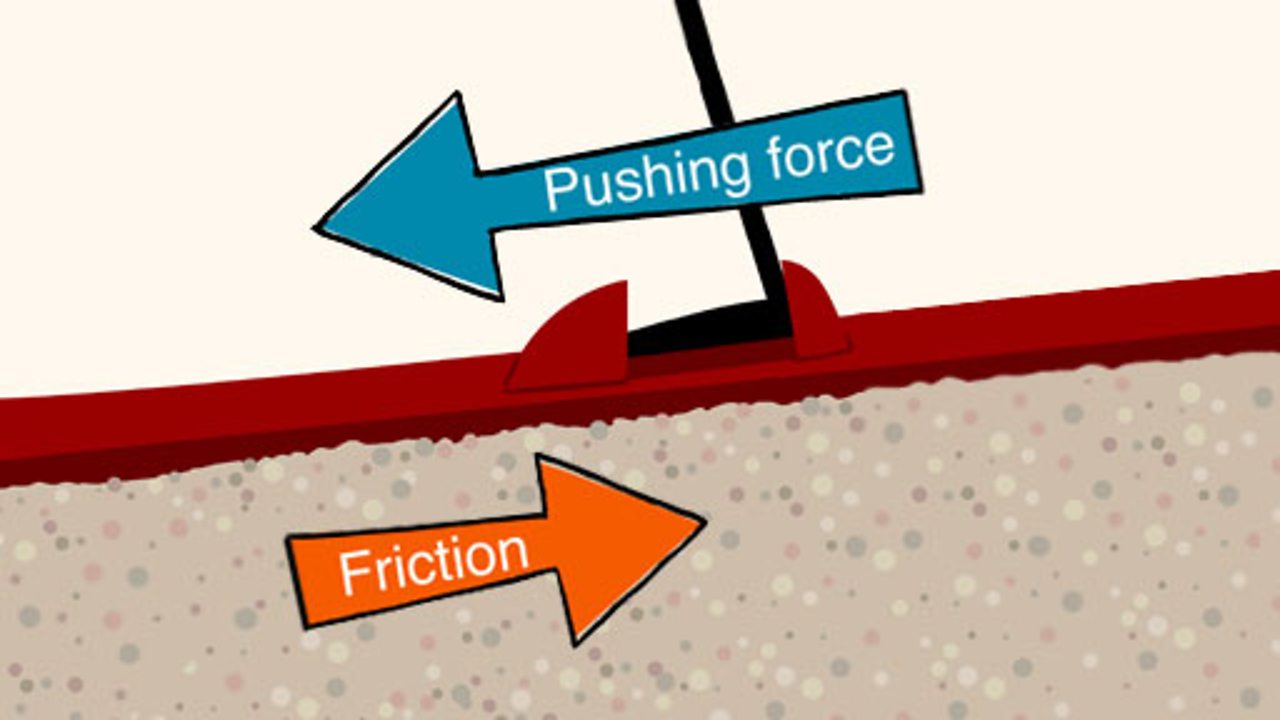Changing your behavior is hard, but adding or subtracting friction–how hard or easy it is to do something–can ease the switch.
Technological advances have made many things more accessible than ever.
That can change consumer behavior so that the consumer ceases to reap pleasure: binge-watching shows for hours because the episodes auto-load, endlessly scrolling social media, and compulsively checking Snapchat to see if your friends are having more fun than you.
Here are some fixes.
DNA codes us to do what’s comfortable. So identify vices you want to toss and make them harder to access.
Leave your phone in another room. The old adage goes, “Out of sight, out of mind”.
Enact app-use locks, and turn off push alert notifications that shatter your focus.
If you’re kicking a nicotine habit, leave your device under a table or on top of a cabinet, where you can only take drags from that place.
You’ll feel pretty dumb vaping while on a kitchen counter.
If you want to workout more, pack your bag and leave it by the door. You don’t have to transform into a full-on gym rat. Even going for 20 minutes will ease the discomfort and imposter syndrome.
The heaviest weight in the gym is the front door.
The best way to add a habit is to link it to one that already exists. If you buy groceries on Sunday, start working out beforehand, so you can’t buy groceries without working out.
Time is a scarce resource devoured by constant ads vying for your attention.
That makes it easier to trash our time that could be spent on meaningful work.
Consuming content, such as Netflix or Twitter, is easy, but often not fulfilling. Those activities leave you with no work to show at the end of the day, although they have a place in life.
We avoid meaningful work because it’s painful. We fear failure, so we don’t even begin. But you’re more likely to remember a project you completed on a particular day than the episode of The Office you watched for the seventh time.
I’m concerned that ease of access will prohibit some people from completing earth-shattering work that requires blood, sweat, and tears.
Teddy Roosevelt may have said it best: “Nothing in the world is worth having or worth doing unless it means effort, pain, difficulty.”
